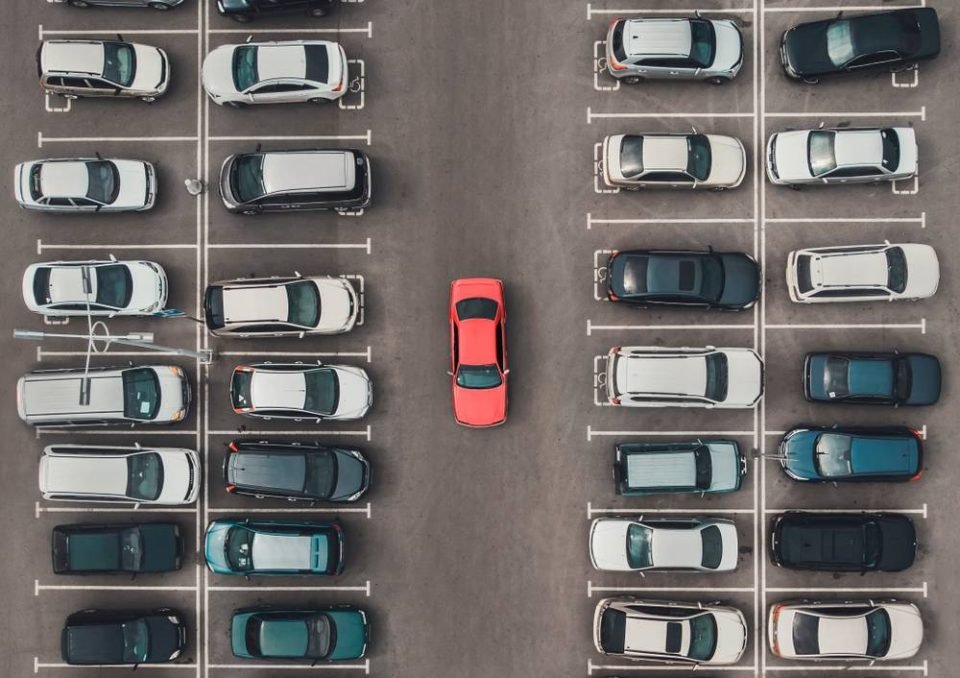The concept of smart cities is an ever-growing one. Smart city ideals and perspective change as there are new technology advancements. Recent technological innovations can solve new problems. Eventually, smart cities adopt solutions that can help the masses. The increase in the number of vehicles has caused havoc on already busy roads in most cities. Therefore, parking has been one of the issues technology is trying to address for quite a while. Smart parking solutions aspire to leverage IoT to address this challenge.
Need For A Smart Parking Solutions
Traditional parking practices are insufficient to address growing urbanization and the increase of vehicles. There is quite some room for increment on how those parking systems can be more productive and useful. The IoT revolution allows smart cities to make the most out of connected systems with accessibility, monitoring, and control. In summary, the need for a more ingenious parking solution is a dire one. As per the IoT Analytics report, smart parking systems and solutions will expand their market spendings at a CAGR of 14%, surpassing worth of $3.8B.
Solution Architecture For Smart Parking Solutions
Smart parking systems generally offer connectivity and usability through the Internet. As one can predict, these systems interact with the cloud on the status of each parking slot’s occupancy. Therefore, any user can directly verify the parking availability in real-time. It would also allow users to reserve their spot in advance through a web app or a mobile app. Such reservation abilities would eliminate the need for roaming around to find a parking slot. Finally resulting in lesser traffic, quick parking, and better routing to reach the parking slot.
A Few Essential Components For An Intelligent Parking System:
- Sensors:
There are various ways to determine if a parking slot is vacant or not. Utilizing sensors is one of the approaches. A few different sensors are available to build an intelligent parking system. The choice for these sensors includes LiDAR, Ultrasonic, and Infrared sensors. Therefore it is crucial to choose a suitable sensor for particular needs based on their unique characteristics.
- Cameras:
If parking systems already need cameras for surveillance then why not leverage them for more? Cameras can allow image or video processing in real-time to identify available slots. Cameras can be equipped with edge-processing hardware to process them on-premises. Otherwise, cameras can also upload streams on the cloud for Artificial Intelligence-based processing.
- Actuators:
Gates and Barriers can be useful in a parking system that allows advance reservation of slots. These actuators would be useful to automate door lock unlock to secure a parking system. Moreover, some of the systems may also leverage display and HMI devices to provide a user interface at the parking.
- Gateways & Connectivity:
The most crucial part of smart parking systems is network connectivity. Communication protocol plays a vital role in any IoT system. For instance, smart parking systems can benefit from long-range communication using technologies like LoRa-WAN. The use of UWB or Bluetooth may not be viable for these systems. Similarly, a number of gateways, choice of topology, and sensor connectivity (wired/wireless) also play a role in the architecture.
- Mobile App/ Web App:
An easy & neat mobile user interface is essential to create an effective parking system. Moreover, service providers can also use mobile applications or web applications to commercialize their parking systems better. These apps can allow users to pay or choose their preferred payment method quickly. Furthermore, this business model can add customer engagement with rewards, offers, and further discounts.
What’s Next In Store For Smart Parking Solutions?
The future of parking systems is associated with current developments in automobiles. Accordingly, Next-generation parking systems will be compliant with the latest technological advancements in vehicles. These progressions would include compliance with Electric Vehicles & their charging (EV) as well as Automatic Guided Vehicles (AGV). Besides, these parking systems may also be automated with provisions such as robot valets and automated ticketing.
Conclusion
Parking is one of the common challenges that must be addressed for an ideal smart city. Unavailability of parking spots results in many disadvantages, including pollution, traffic, fuel loss, and time waste. Thus, leveraging IoT to build parking solutions to address these challenges will be accepted by consumers with open arms. It would be interesting to see how these technologies can further complement mechanical & civil infrastructure for next-generation parking solutions.
Develop great IoT solutions for intelligent Smart Cities with high quality software, devices and infrastructures. Contact us!


